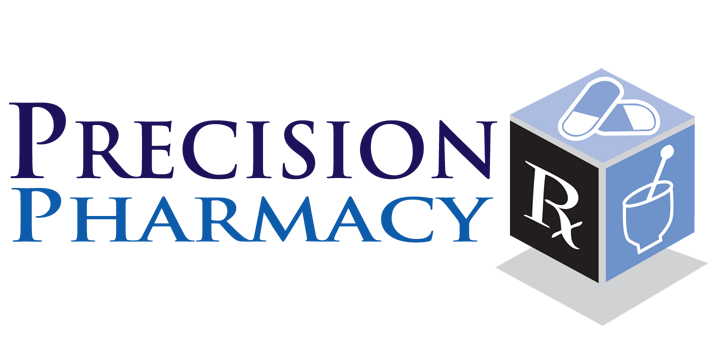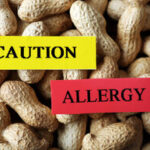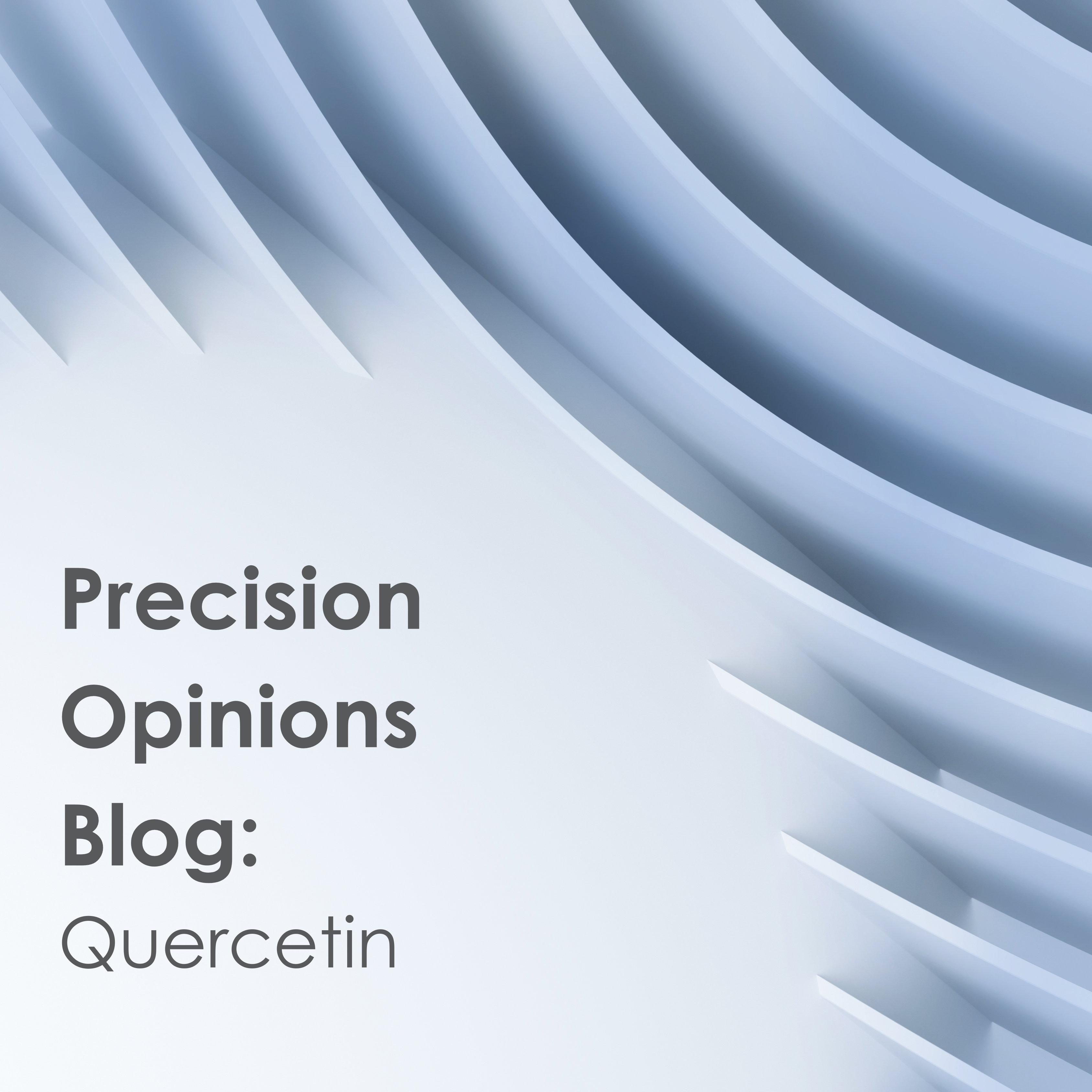Quercetin is a supplement that belongs to a group of plant pigments called flavonoids that gives many fruits, flowers, and vegetables their colors.
Initially, quercetin was a vitamin and given the name “vitamin P.” It was identified in the 1930s, but was slow to gain recognition because it did not seem to be an essential micronutrient. As epidemiological studies in the 1990s pointed to the benefits of flavonoids in cardiovascular health, more researchers started investigating quercetin in depth.
Quercetin has many benefits including reduction in inflammation, help treat allergies, improve immune response along with cardiovascular function and may help protect against cancer.
Quercetin prevents immune cells from releasing histamines, which are chemicals that cause allergic reactions. As a result, researchers think that quercetin may help reduce symptoms of allergies, including runny nose, watery eyes, hives, and swelling of the face and lips.
Some population-based studies suggest that the flavonoids quercetin, resveratrol, and catechins (all found in high concentrations in red wine) may help reduce the risk of atherosclerosis, plaque buildup in arteries that can lead to heart attack or stroke. These nutrients appear to protect against the damage caused by LDL (bad) cholesterol and may help prevent death from heart disease. One study found that people who took quercetin and an alcohol-free red wine extract (which contains quercetin) had less damage from LDL cholesterol. Studies show that quercetin supplementation reduces blood pressure in people who have hypertension.
Two small studies suggested that people with interstitial cystitis might benefit from consuming flavonoids. People with this condition have bladder pain like that from a bladder infection, and often experience an urgent need to urinate. In both studies, those who took a supplement containing quercetin appeared to have fewer symptoms. Preliminary evidence indicates that quercetin might reduce symptoms of prostatitis, or inflammation of the prostate. One small study found that men who took quercetin experienced fewer symptoms than men who took placebo.
Scientists have long considered quercetin, and other flavonoids contained in fruits and vegetables, important in cancer prevention. People who eat more fruits and vegetables tend to have lower risk of certain types of cancer. Animal and test tube studies suggest that flavonoids have anti-cancer properties. Quercetin and other flavonoids have been shown in these studies to inhibit the growth of cancer cells from breast, colon, prostate, ovarian, endometrial, and lung tumors. One study even suggests that quercetin is more effective than resveratrol in terms of inhibiting tumor growth. Another found that frequent intake of quercetin-rich foods was associated with lower lung cancer risk.
Halima Nadir, PharmD 2023 Candidate
For more information, please visit





